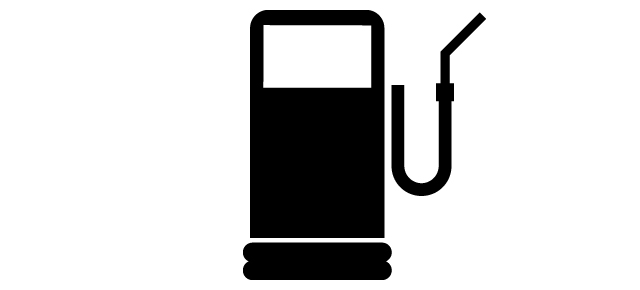Wholesale diesel prices 44% higher than start of year
Passenger transport operators were this week grappling with the impact that soaring fuel prices will have on their businesses.
Already struggling with the challenge of building back passenger volumes after successive Covid lockdowns and labour shortages, fuel prices have now leapt upwards following the Russian invasion of Ukraine.
I’ve genuinely never seen anything like it in my 29 years in the industry.
“Bottom line is that we are in for a very difficult few weeks ahead,” James Spencer, managing director of Portland Fuel, told Passenger Transport. “There was already significant underlying upward pressure on prices … Since the Ukrainian invasion, prices have just gone stratospheric. I’ve genuinely never seen anything like it in my 29 years in the industry. Basically every day is a new record in terms of price rises.”
On January 1 wholesale diesel was priced at 43.35p per litre, rising to 101.30p per litre after adding 57.95p per litre of duty. When the markets closed on March 8, this had reached 91.74p per litre, 149.69p per litre after duty – a 44% increase.
This increase of 46.39p per litre will have a major impact on transport operators. A bus company using 100,000 litres per month (a fleet of around 75 vehicles) will see over £46,000 added to their monthly fuel bill.
Some transport operators will have hedged their prices, shielding them from the recent increases for the timebeing. But the impact of a sustained increase in fuel prices will eventually be felt.
Transport analyst Chris Cheek expects the price rise to be a big issue for bus operators, “another ingredient to the perfect storm that fate has brewed up for the bus industry”.
“In 2019, fuel costs were 13% of the total, but this will clearly rise,” he told Passenger Transport. “Back in 2014, when oil prices were high after the Crimean invasion, fuel accounted for 17% of total costs, so it will go back up there or higher. Broadly, I reckon that each 5p on a litre increases total operating costs for a diesel fleet by 1.3%.”
On consumer behaviour, there was certainly a view around 2013-2015 that high petrol prices worked to the industry’s advantage
On a more positive note, Cheek added: “On consumer behaviour, there was certainly a view around 2013-2015 that high petrol prices worked to the industry’s advantage. Some modelling work has suggested that a 1% change in fuel prices to the consumer would lead to a 0.33% change in non-concessionary passenger demand for buses.”
The Confederation of Passenger Transport said coach operators would be especially hard hit by the increases, and called on governments to take action to support the industry.
It warned: “With school contracts in particular being run to tight margins, operators face the difficult decision of potentially having to hand back school contracts as they are no longer viable to run.”
DON’T MISS OUT – GET YOUR COPY! – click here to subscribe!









